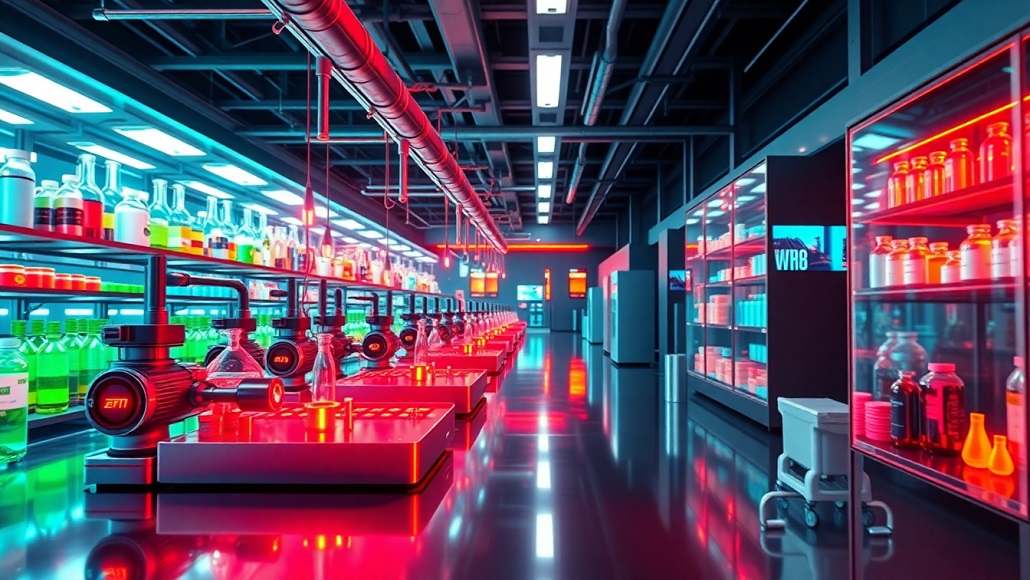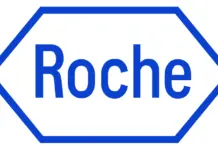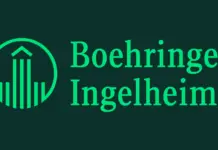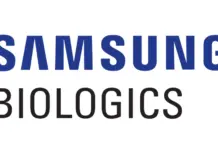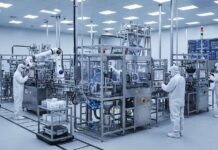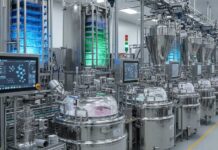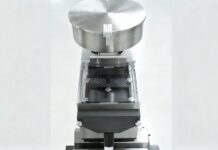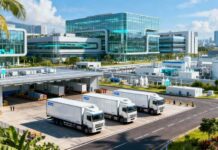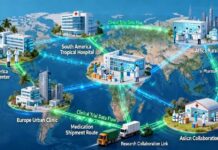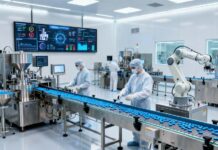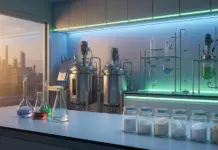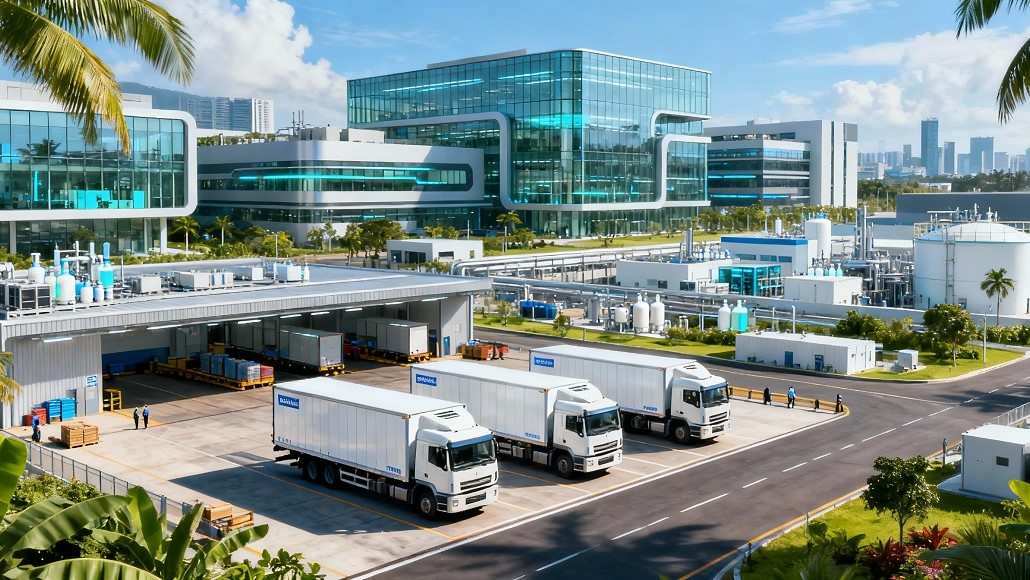Singapore has transformed from a modest manufacturing location into Asia’s preeminent pharmaceutical and biopharmaceutical hub, attracting extraordinary investments from global pharmaceutical leaders while establishing itself as critical infrastructure for advanced drug manufacturing and clinical supply chain management. This remarkable transformation reflects deliberate strategic positioning, exceptional regulatory frameworks, substantial government investment, advanced infrastructure development, and cultivation of specialized scientific talent. The Singapore pharmaceutical market reached USD 7.40 billion in 2024 and is projected to reach USD 12.19 billion by 2033, growing at a compound annual growth rate of 5.5%—a trajectory that masks far more dynamic growth within the biopharmaceutical manufacturing segment.
Strategic Government Investment and Pro-Business Environment
Singapore’s emergence as a pharma manufacturing hub reflects decades of deliberate government investment in life sciences infrastructure and innovation ecosystems. Under the Research, Innovation, and Enterprise 2025 strategy, Singapore has committed approximately USD 25 billion to public sector research emphasizing human health as a strategic priority. The Economic Development Board, Health Sciences Authority, and A*STAR (Agency for Science Technology & Research) operate synergistically to foster pharmaceutical innovation, streamline regulatory approvals, and attract global pharmaceutical leaders through comprehensive incentives and infrastructure development.
The government’s commitment manifests through multiple mechanisms. Generous tax incentives reduce effective manufacturing costs, funding grants support R&D initiatives, and public-private partnerships facilitate collaboration between government research institutions and commercial operators. This comprehensive support environment positions Singapore as an exceptionally attractive destination for pharmaceutical companies seeking to establish or expand Asian manufacturing operations.
Singapore’s transparent legal framework, robust intellectual property protections, and efficient regulatory infrastructure create stability and predictability essential for long-term pharmaceutical investment. Pharmaceutical companies operating in Singapore benefit from consistent application of rules, rapid regulatory approvals, and government support for innovation-driven manufacturing. These institutional strengths directly translate to investment confidence and strategic long-term commitments.
Exceptional Manufacturing Infrastructure and Industrial Estates
Physical infrastructure supporting pharmaceutical manufacturing represents one of Singapore’s most compelling competitive advantages. Dedicated biomedical parks—particularly Tuas Biomedical Park and Biopolis—provide sophisticated facilities specifically designed for life sciences operations. These industrial estates incorporate ready-built manufacturing facilities configured for pharmaceutical production, flexible modular spaces accommodating diverse operational requirements, and supportive infrastructure including waste management, utilities, and security systems tailored to pharmaceutical manufacturing specifications.
The geographic concentration of biopharmaceutical manufacturing within specialized industrial estates creates network effects that benefit all operators. Regulatory authorities maintain expertise regarding concentrated pharmaceutical manufacturing activity, enabling efficient licensing and oversight. Raw material suppliers, equipment vendors, specialized service providers, and research institutions establish local presence to serve the concentrated pharmaceutical manufacturing base. These ancillary services and suppliers create ecosystem benefits that individual manufacturers could not replicate independently.
Tuas Biomedical Park exemplifies Singapore’s commitment to world-class biopharmaceutical infrastructure. This planned industrial estate provides approximately 500,000 square meters of developed and undeveloped land supporting diverse biopharmaceutical operations—from research and development through manufacturing and logistics. The park incorporates green building standards, advanced utilities, and sophisticated security infrastructure. By concentrating biopharmaceutical facilities within planned industrial estates, Singapore achieves operational efficiency, regulatory oversight simplification, and environmental management that benefits individual operators and the broader pharmaceutical sector.
Regulatory Excellence and Approval Pathways
The Singapore Health Sciences Authority operates as one of the world’s most respected regulatory bodies for pharmaceutical approval and manufacturing oversight. Regulatory processes in Singapore are known for efficiency, predictability, and rigorous scientific standards. Pharmaceutical companies appreciate Singapore’s regulatory approach that balances innovation encouragement with rigorous safety and efficacy standards. This reputation attracts pharmaceutical companies seeking regulatory jurisdictions that move efficiently while maintaining uncompromising safety standards.
Singapore’s alignment with international regulatory standards—including harmonization with the International Council for Harmonisation and mutual recognition agreements with major regulatory bodies—creates substantial operational advantages. Manufacturers producing in Singapore for global distribution benefit from regulatory approvals that are widely recognized and accepted throughout developed pharmaceutical markets. This international regulatory standing substantially reduces approval timelines for Singapore-manufactured products entering multiple jurisdictions.
World-Class Talent and Scientific Expertise
Singapore’s success as a pharmaceutical hub reflects systematic investment in developing specialized scientific and manufacturing talent. The country’s educational institutions produce graduates with advanced expertise in pharmaceutical sciences, bioprocess engineering, quality assurance, and regulatory affairs. Government scholarship programs, educational partnerships with international institutions, and targeted immigration policies ensure access to world-class talent from around the globe.
Singapore’s A*STAR research institutions, particularly the Bioprocessing Technology Institute, maintain leadership positions in bioprocess science and engineering. This institutional expertise drives innovation in therapeutic production, bioprocess optimization, and novel manufacturing modalities. Pharmaceutical companies establishing operations in Singapore benefit from proximity to cutting-edge research, collaborative partnerships with government scientists, and access to specialized technical expertise that would be difficult to recreate elsewhere.
Extraordinary Capital Investment in Pharmaceutical Manufacturing
Recent capital investments by global pharmaceutical leaders demonstrate confidence in Singapore’s position as a preeminent Asia-Pacific manufacturing hub. AstraZeneca’s USD 2 billion announcement to construct an antibody-drug conjugate manufacturing facility represents one of the largest pharmaceutical investments in Southeast Asia. This facility will house the company’s first end-to-end ADC production capability globally, acknowledging Singapore’s manufacturing excellence and regulatory reliability.
AbbVie’s USD 223 million expansion of its Singapore biologics facility, adding 24,000 liters of drug-substance capacity and creating over 100 new jobs, demonstrates confidence in Singapore’s long-term operational environment. Novartis’s USD 256 million plant expansion, focused on supporting increased biologics demand, reflects similar confidence. These investments from multiple global leaders indicate that pharmaceutical manufacturers view Singapore not as a peripheral or secondary manufacturing location but as core infrastructure for Asia-Pacific operations.
Other major pharmaceutical leaders—including GSK, Sanofi, Pfizer, Amgen, and numerous others—maintain significant manufacturing operations in Singapore, collectively producing hundreds of billions of dollars in pharmaceutical products for global distribution. This concentration of global pharmaceutical manufacturing excellence represents extraordinary competitive advantage for the nation.
Sophisticated Cold Chain and Clinical Supply Infrastructure
Singapore’s emergence as a clinical supply chain hub reflects sophisticated logistics infrastructure, regulatory expertise, and specialized service providers supporting global clinical trial operations. Temperature-controlled logistics operations—including active and passive temperature management systems, real-time monitoring capabilities, and sophisticated customs expertise—enable reliable movement of temperature-sensitive clinical trial materials throughout the Asia-Pacific region and globally.
Specialized clinical supply companies have established sophisticated operations in Singapore supporting comparator drug sourcing, clinical trial material packaging, and investigational drug distribution. These providers maintain expertise navigating regional regulatory requirements, managing complex supply chain logistics, and ensuring regulatory compliance throughout clinical trial operations. For pharmaceutical companies conducting multi-country clinical trials throughout Asia-Pacific, Singapore-based supply chain partners provide invaluable expertise and operational capabilities.
Advanced Biopharmaceutical Capabilities and Emerging Modalities
Singapore’s pharmaceutical sector has evolved substantially beyond traditional small-molecule drug manufacturing into sophisticated biopharmaceutical production. Innovative biologics—including mRNA vaccines, antibody drugs, and advanced therapeutic modalities—are now produced at scale in Singapore facilities. BioNTech has established regional mRNA production capacity specifically designed to support Southeast Asian supply needs while providing rapid-response pandemic preparedness capabilities. These emerging modality capabilities position Singapore as not merely a derivative manufacturing location but as a site for producing globally significant, innovative therapeutics.
Looking Forward: Continued Excellence and Regional Leadership
Singapore’s transformation into a preeminent pharmaceutical and biopharmaceutical hub reflects decades of consistent strategic investment, institutional excellence, and ecosystem development. As the global pharmaceutical industry continues accelerating its Asia-Pacific expansion—driven by market growth in emerging economies, concentration of innovative research, and strategic geographic diversification—Singapore’s competitive advantages will likely intensify. Pharmaceutical companies seeking reliable, sophisticated manufacturing infrastructure; world-class regulatory oversight; exceptional talent; and comprehensive supply chain capabilities will continue viewing Singapore as an essential component of their Asia-Pacific strategy.
The nation’s commitment to maintaining regulatory excellence, investing in infrastructure, developing specialized talent, and fostering innovation-driven pharmaceutical manufacturing ensures that Singapore will remain a crucial hub for global pharmaceutical operations for decades to come. As the industry’s geographic distribution becomes increasingly dispersed while simultaneously requiring greater sophistication, Singapore’s concentrated excellence, regulatory reliability, and ecosystem strength position it as an irreplaceable center for global pharmaceutical innovation and manufacturing.







